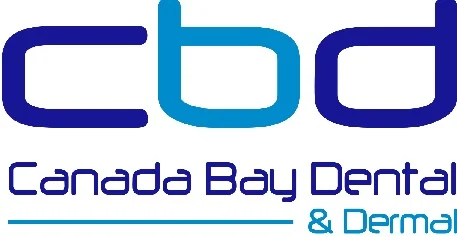So You Want to Become a Dentist
/Thinking of becoming a dentist, eh? Like many professions, the training will require a significant commitment of time and money towards your education. You’ll need to be strong in math and science. And it would be best if you weren’t a squeamish sort, as there is blood involved. But most importantly, as a health care professional, you’ll need to be genuinely concerned about the health and well-being of your patients. Sure, it’s a potentially lucrative career choice. But you’ll be working hard for that money, engaging with people at their most vulnerable: Caring for their teeth. Let’s look a little more closely at what’s involved.
What is Involved in Being a Dentist?
Dentistry is both an art and a science. The scope of the practice includes prevention, diagnosis and treatment of all disorders and diseases involving the mouth and parts of the body associated with the mouth. Your overall goal is to improve the quality of life in your patients. Like any medical practice, the level of responsibility for the welfare of others is high. You must be prepared to invest yourself in the well-being of others.
According to the Australian Dental Association, your duties as a dentist will include the following:
– Offering comprehensive assessments of all oral conditions, including accurate dental charting, recording a medical history, screening for tooth decay, periodontal disease and oral cancer, jaw analysis, tooth discoloration, saliva testing, and taking blood pressure, respiration and blood sugar (glucose) levels.
– Managing the complete cycle of x-rays, including prescribing, taking, processing and interpreting them.
– Performing detailed dental examinations to determine the exact conditions that affect your patients, and then developing a treatment plan to address them. When necessary, you’ll also be referring your patients to other specialists.
– Patient education in the areas of good oral hygiene, smoking cessation, overall health and optimum nutrition.
– Making impressions of teeth for the purpose of creating oral appliances such as crowns and bridges.
– Performing regular maintenance on the teeth of your patients in order to maintain their good health and when necessary, restore, repair, or even remove them.
– Managing all administrative aspects of your practice, including keeping accurate and detailed records and supervising all staff, including allied dental health professionals.
– Staying up-to-date on best professional practices within the industry, via continuous professional development (CPD).
– Acting as a spokesperson for related public health and educational messages, including marketing dental services that support best practices and industry developments.
Sounds like a lot of responsibility, doesn’t it?
How Do I Become a Dentist?
First off, know that dentistry is quite a competitive field. In Australia, there are currently about 930 graduates generated by dental schools each year, but the country only needs about 510 to keep up with the demand. The Australian Dental Association has responded to this situation by requesting a temporary freeze on international dental students coming to Australia to get their degrees. Hopefully this will avoid a rise in the number of unemployed dentists!
If you still want to be a dentist despite the competition, read on. According to the Australian Department of Education, the fundamental requirement for becoming a dentist is a university degree in dentistry, dental science or dental surgery. Alternately, you can complete an undergraduate degree in another related field, and then follow that with a post graduate degree in one of the aforementioned dental areas.
Even if you decide that being a dentist isn’t exactly what you’d like to do for your own career, hopefully this article has given you a better understanding of the comprehensive nature of the profession. The next time you visit your dentist, you’ll know better the level of training and dedication he or she brings to the table. You may also have a better idea of some of the things your dentist is qualified to assist you with managing, as it relates to your own dental health.
